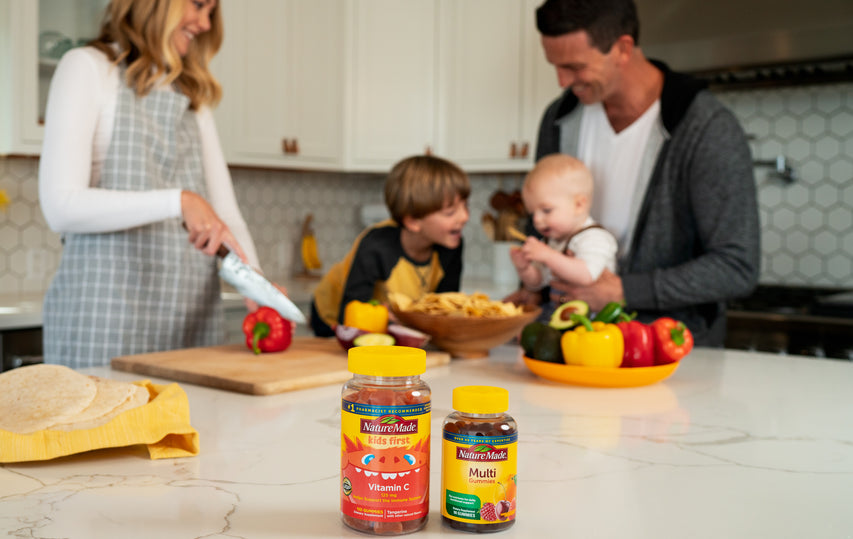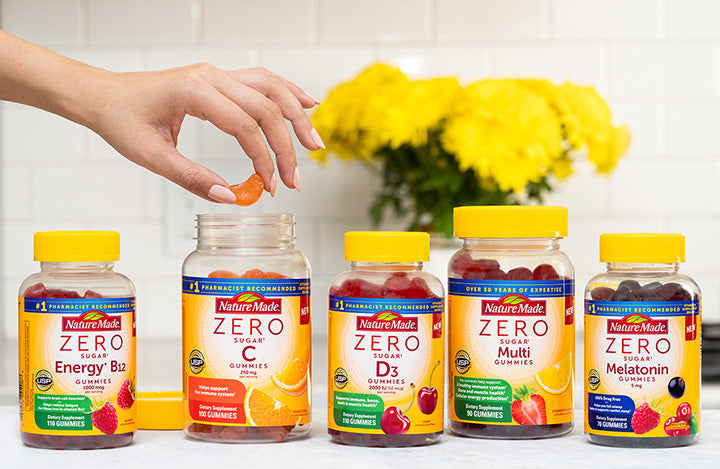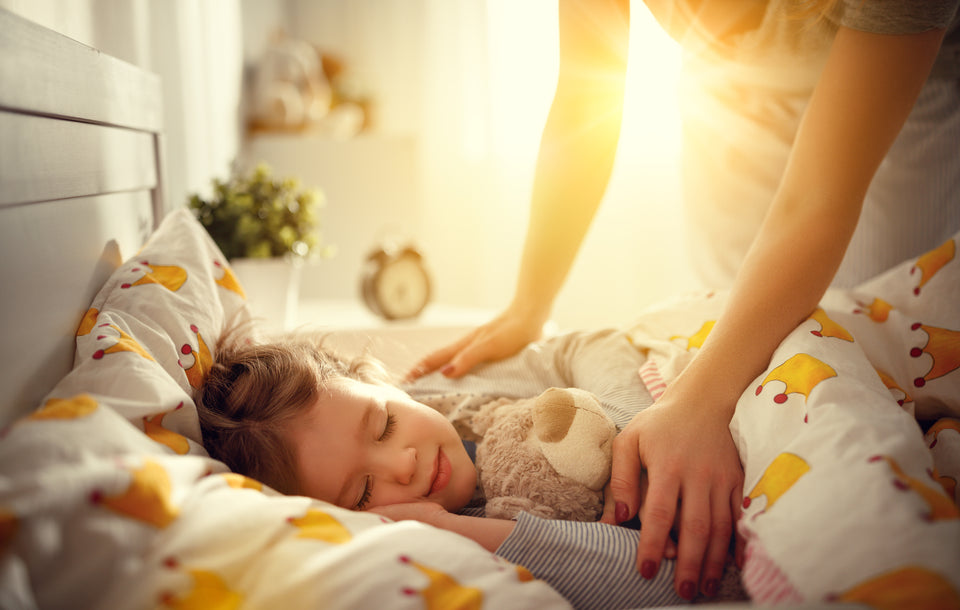
Welcome to our store

A daily dose of all the key nutrients your body needs—formulated just for men.
Discover Men's MultivitaminsAccess expert insights, research, and other helpful content related to your health.
Explore Health ResourcesLearn where our story began, and how we continue to evolve alongside our customers.
Discover Nature Made
Nature Made® Wellblends™ is a complete line of scientifically-designed blends that target your specific sleep, stress & immune health needs.
Learn More Beauty
Beauty
 Bone
Bone
.svg?v=1708553623743) Brain
Brain
 Digestion
Digestion
 Energy
Energy
 Eye Health
Eye Health
 General Wellness
General Wellness
 Heart
Heart
 Immune Health
Immune Health
 Joints
Joints
 Kids
Kids
 Men's Health
Men's Health
 Mood
Mood
 Prenatal & Postnatal
Prenatal & Postnatal
 Sleep
Sleep
 Stress
Stress
 Women's Health
Women's Health

Discover which Nature Made vitamins and supplements can support your wellness goals†
Get started now.
Discover how you can get the benefits you want from the nutrients you need without the sugar normally found in gummies.†
New Zero Sugar Gummies‡
Adding a multi to your morning routine sets you up for a great day ahead.
Find Your Multivitamins
Access expert insights, research, and other helpful content related to your health.
Explore Health Resources
Learn where our story began, and how we continue to evolve alongside our customers.
Discover Nature Made$0.00 away from Free Shipping You have earned Free Shipping

Wellblends™ ImmuneMAX® Fizzy Drink Mix
Free ($19.99 value)
Dec 09, 2020
Kids' Health
,
Melatonin
,
Sleep Tips

When it's time to start your child’s bedtime routine, you might dim the lights, read a book, give a big hug and say goodnight—all cues that it’s time for your little one to fall asleep. But what if they occasionally struggle to fall asleep? You might be considering giving them melatonin, a 100% drug-free sleep aid. After all, plenty of adults turn to melatonin supplements to help their occasional sleeplessness. If you are considering this for your little one, you are likely wondering, is melatonin safe for kids? If so, what’s the right melatonin dosage for children with occasional sleep difficulties? Should they take the same melatonin sleep aid made for adults, or is there a children's melatonin?
Your body naturally produces melatonin, a hormone secreted by an area in the brain called the pineal gland, that plays a key role in regulating the body’s sleep/wake cycle.1 The brain increases the production of melatonin levels when it's dark and decreases its melatonin production when it's light. That explains why being exposed to blue light in the evening (such as looking at a tablet, tv or smartphone) can inhibit the production of melatonin2 It is best to limit exposure to blue light at least 30 minutes before bedtime.
Learn More: All Your Melatonin FAQs Answered
While plenty of studies shows that melatonin is safe for adults to take on a short-term basis, the safety of long-term use isn’t quite clear. And not much research has been done on whether it’s safe for children to take. However, recently, there has been some promising research showing that short-term use of melatonin is effective and well-tolerated in to ease the process of falling asleep for children and adolescents.3 The American Academy of Pediatrics recommends that melatonin should only be used after talking with your child’s pediatrician and after using already established healthy sleep habits and routines that don’t include supplements.4
Learn More: What Foods Help You Sleep?
If you’re considering giving your child a sleep aid, you might be asking yourself, “How much melatonin can a child take?” You might also be confused about the right melatonin dosage for children. The best plan is to seek medical advice from your child’s pediatrician about using melatonin as an occasional sleep aid for your child. If you’ve gotten the green light, then talk with the pediatrician about the proper melatonin dose.†
In fact, giving kids melatonin can be a challenge, as dosing and timing really depend on your child’s age and/or weight. For example, Boston Children’s Hospital recommends that, generally speaking, melatonin shouldn’t be given to typically developing children under age three, since sleep difficulties at this age are almost always behavioral in nature.5
A 2014 study recommends melatonin doses of one milligram for kids and teens. According to the study, children less than 88 pounds should take a maximum dosage of three milligrams, and children weighing more than 88 pounds should take a maximum dosage of five milligrams.6 The study also said that melatonin reduces the time it takes to fall asleep and increases total sleep time, but it doesn’t reduce night awakenings.
|
Child's Weight |
How Much Melatonin Is Safe? |
|
Less than 88 pounds (those >4 years old) |
Maximum Melatonin Dosage: 3 mg |
|
More than 88 pounds (>4 years old) |
Maximum Melatonin Dosage: 5 mg |
Your best bet? Speak to your child’s pediatrician first about your concerns regarding your child’s occasional sleep difficulties and using melatonin.† If you get the thumbs up then start with the lowest dosage. The general advice is to take melatonin 30 to 60 minutes before bedtime. In doing so, many children will respond to a lower dose (0.5 mg or 1 mg), according to the American Academy of Pediatrics. And most children who do benefit from melatonin don't need any more than 3 to 6 mg.4
Potential, though mild, side effects of melatonin use in children include agitation, headache, nausea, dizziness and drowsiness. While it is not known for sure and more research on the long term use of melatonin in children is needed, it’s important to remember that melatonin is a hormone, and, as such, there is a possibility that it may affect hormonal development, including puberty and menstrual cycles.2
The Bottom Line
Your healthy child needs good sleep. If instilling healthy sleep habits and routines is not enough, Melatonin might benefit your child in occasional sleeplessness especially when it’s used in combination with behavioral interventions and healthy sleep practices to support a normal circadian rhythm.5†
Most importantly, talk with your child’s pediatrician before giving them a melatonin supplement to make sure it’s right for them, to understand the proper dosage, and to rule out any underlying health issues.
Continue to check back on the Nature Made blog for the latest science-backed articles to help you take ownership of your health.
† These statements have not been evaluated by the Food and Drug Administration. These products are not intended to diagnose, treat, cure, or prevent any disease.
References
Share This:
Receive the Latest News and Special Offers
NatureMade Contributor
Lisa Beach is a seasoned journalist whose work has been published in The New York Times, Good Housekeeping, Eating Well, Parents, AARP’s Disrupt Aging, Optimum Wellness, and dozens more. She also writes for a variety of health/wellness-focused brands. Check out her writer’s website at www.LisaBeachWrites.com.
Read MoreSenior Manager, Medical and Scientific Communications
Melissa is a Registered Dietitian and provides leadership to Pharmavite’s Medical and Scientific Education team. She has over 20 years of experience educating consumers, healthcare professionals, retailers and employees about nutrition, dietary supplements, and overall wellness. Prior to joining the Medical and Scientific Communications team, Melissa launched and managed Pharmavite’s Consumer Affairs department and worked as a clinical dietitian throughout Southern California. Melissa received her Bachelor of Science degree in Nutritional Sciences from the University of Arizona in Tucson, Arizona, and completed her dietetic internship at Veteran’s Hospital in East Orange New Jersey.
Read MoreLearn more by exploring helpful, curated content.
We have combined both carts to keep all items.
View My Cart
